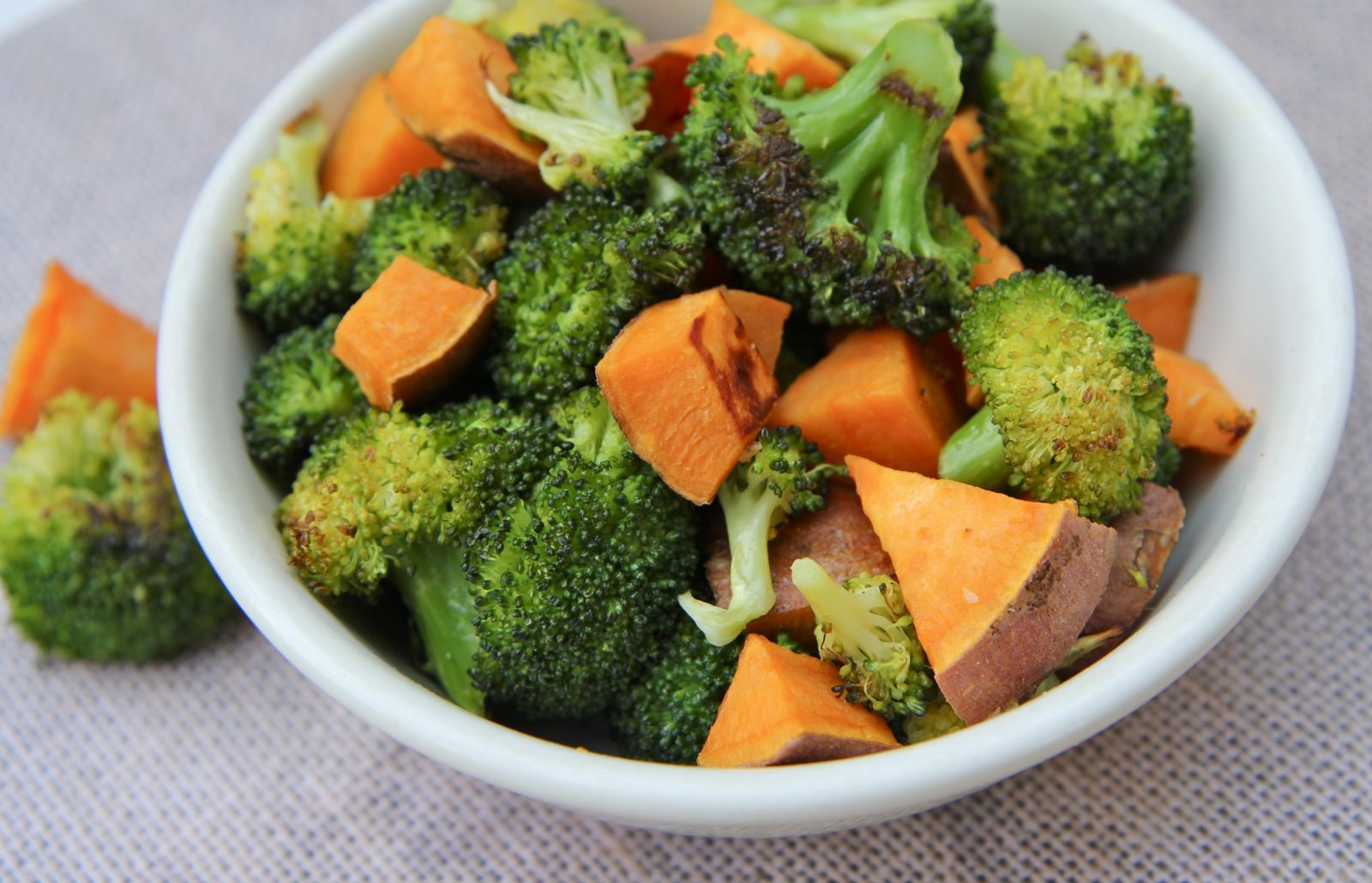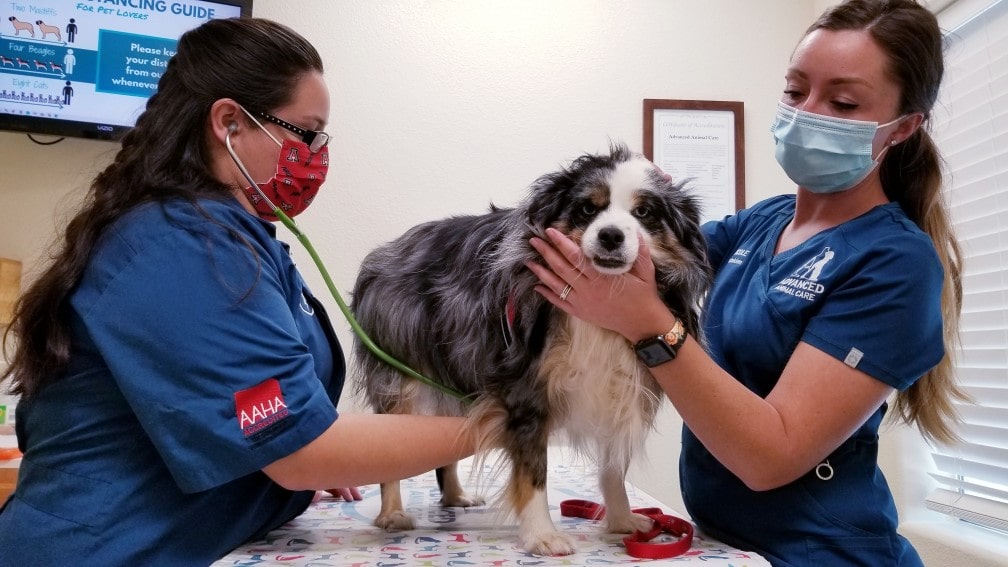If there is one best friend your dog has after you, it is Probiotics. Probiotics undoubtedly play a major role in making your dog’s gut healthy. But when it comes to choosing between natural probiotics vs. supplements, we can find ourselves confused. So let’s understand the advantages of the two and know which ones can suit your dog the best.
What are probiotics?
Probiotics are the good bacteria found in your dog’s gut. They prevent the bad bacteria from affecting your dog’s gut health, help your dog digest food, help increase the absorption of nutrients and boost their immune system too. In short, they’re responsible for keeping your dog’s gastrointestinal tract healthy and happy. An unhealthy gut can cause:
- Diarrhea
- Gas
- Bloating
- Vomiting
- Bad Breath
- Other chronic problems if not treated early
Hence it is important to ensure that your dog takes plenty of probiotics. This brings us to our next question, what kind of probiotics are best? Natural ones or supplements?
What are natural probiotics?
Natural probiotics, like the name suggests, are unaltered foods that are rich in probiotics naturally. Dairy products like homemade curd, buttermilk, fermented veggies like pumpkin, broccoli, carrot and green beans, sweet potato, and banana are all gifts of nature that are rich in probiotics and can help maintain your dog’s gut health.
What are probiotic supplements?
Probiotics supplements are made specifically to tackle gut health problems. These supplements are available in various forms like powder, pill, liquid, and even an easy strip form that can melt in a pet’s mouth.
So what’s better? That would depend on your dog’s gut health requirements. Understanding the advantages of natural and supplementary probiotics can help you choose the right probiotics for your dog.
Advantages of natural probiotics:
Natural probiotic foods provide a greater source of overall nutrition when compared to probiotic supplements. While supplements definitely increase the total nutrient intake, natural probiotics can provide benefits that are not found in supplements. For example, natural foods can provide fiber (not available in supplements) that is food for the probiotics in your dog’s gut.
Read More: Natural Ways To Strengthen Your Dog’s Immune System
Advantages of probiotic supplements:
1. Supplements address targeted issues
Probiotic supplements can have different bacterial strains that can address and tackle specific health issues your dog might be facing. Hence, sometimes your vet may prescribe a different probiotic supplement to your dog that can tackle the issue at hand with more efficiency.
2. Supplements provide more diversity
Probiotic supplements usually have multiple strains of bacteria versus a food supplement that may have only one or two strains.
3. Supplements are allergen-free
It’s not uncommon for dogs to have allergies associated with probiotic-rich foods like curd or certain vegetables. Probiotic supplements can easily fit into a dog’s diet who might be allergic to these foods. However, as a preventative measure, always read the ingredients on the label to make sure the supplement suits your dog.
So how do you choose between the two?
As we can see, there are advantages to both natural probiotics and probiotic supplements. To pick the right one for your dog, here are some questions that can help:
1. Does your dog eat foods rich in probiotics regularly?
If the answer is yes, then that’s amazing because you’re not only providing them with a diet that has an array of good bacteria but also helping build overall nutrition. On the other hand, if the answer is no (due to certain allergies), you can always choose an allergen-free supplement that can fulfill the probiotic requirement.
2. Does your dog have a specific gut health concern?
As mentioned before, probiotic supplements provide targeted benefits. So if your dog is having gut problems, it’s best to speak to a vet about supplements that can bring your dog’s gut health back to normal.
Are commercially available probiotics better than naturally occurring ones?
Veterinarians are of the opinion that the effectiveness of probiotics is related to their ability to survive in the acidic and alkaline environment of the gut and their ability to adhere and colonize the colon. Naturally available probiotics work well, but pet parents are unaware of the quantity they should include in their pet’s diet. It gets more complicated if the pet is being fussy & picky with their food. In such a case, supplements can help avoid this fuss. This way, pet parents can ensure that their pet receives probiotics in the required amount to maximize the benefits.
It cannot hurt to choose both – natural and supplements in probiotics
A reasonable dose of supplements and a healthy diet will help provide overall nutrition. Speak to your vet or a diet consultant about how a combination of natural probiotic foods and probiotic supplements can work out for your pet. Whichever method you choose, remember that it is essential that your dog gets enough probiotics from either of the ways.
Always consult your veterinarian before adding any supplements or making any changes in your dog’s diet.
– Inputs By Dr. Pranjal Khandare, Veterinary Officer at Wiggles.in.

 DogExpress
DogExpress


















 in Chandigarh, India.
in Chandigarh, India. 
